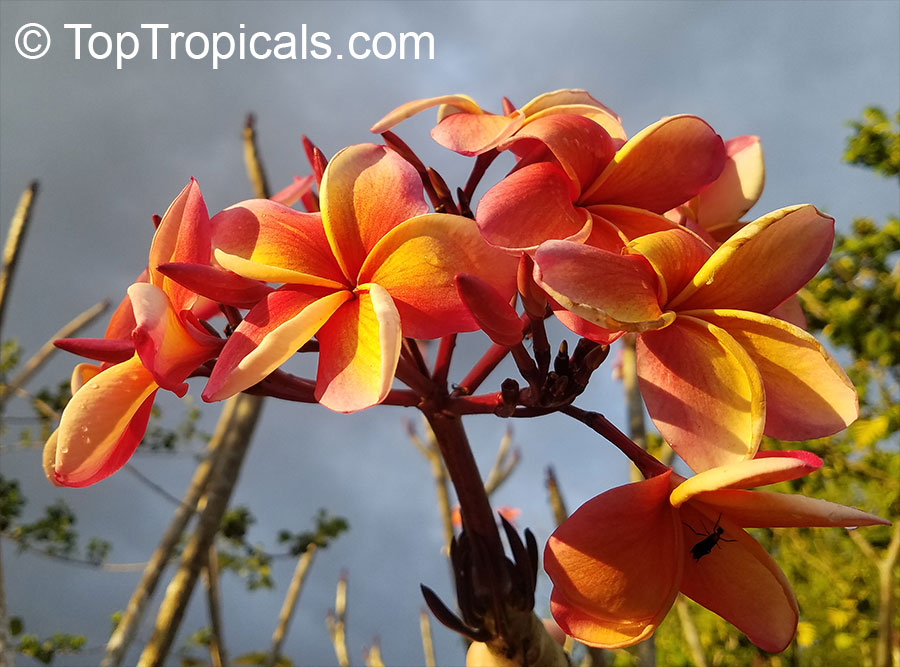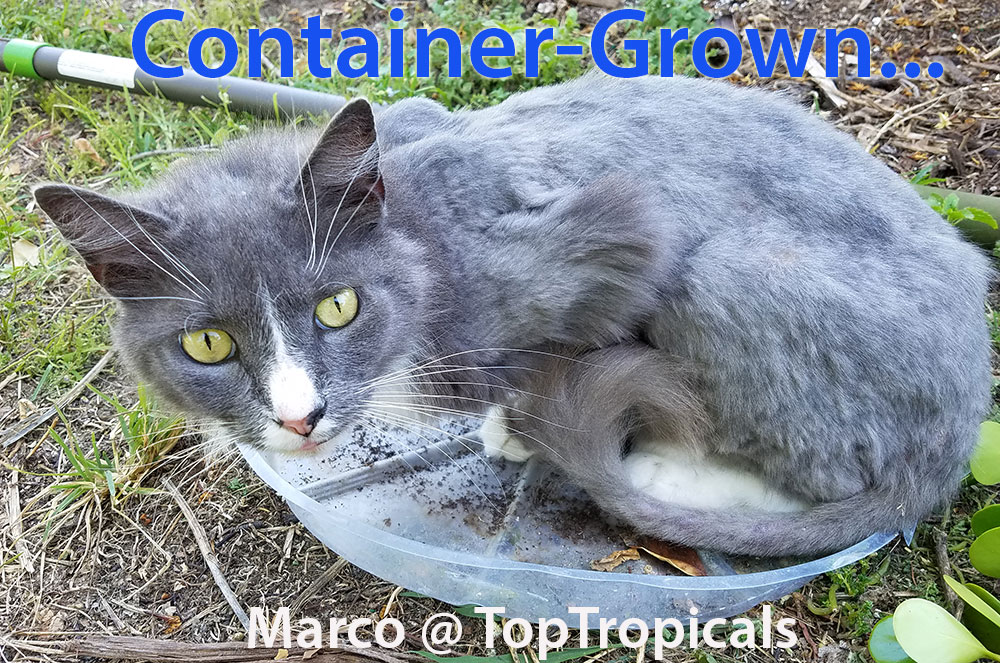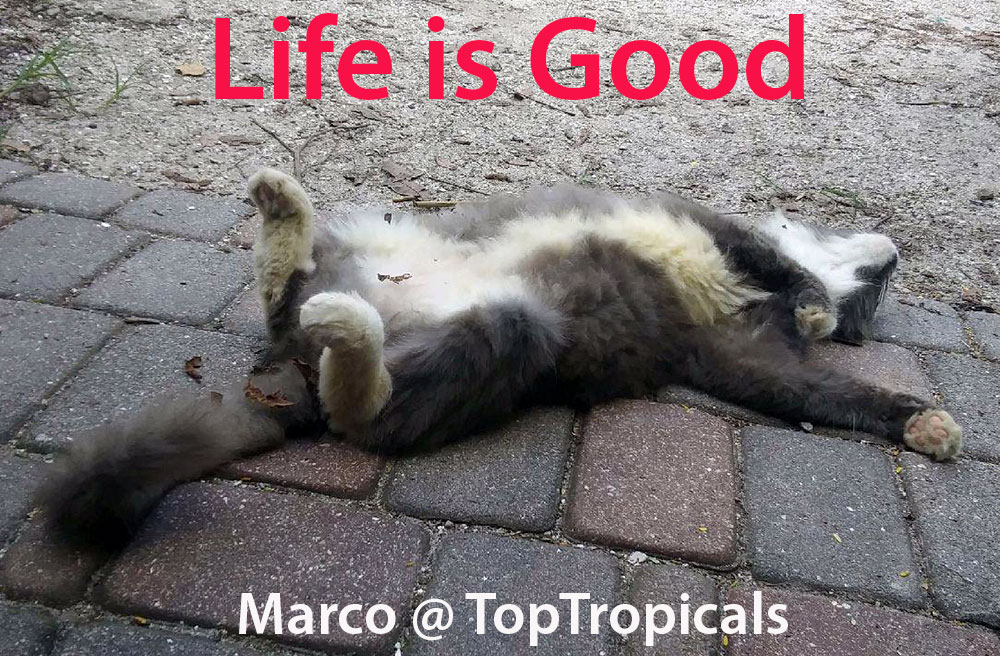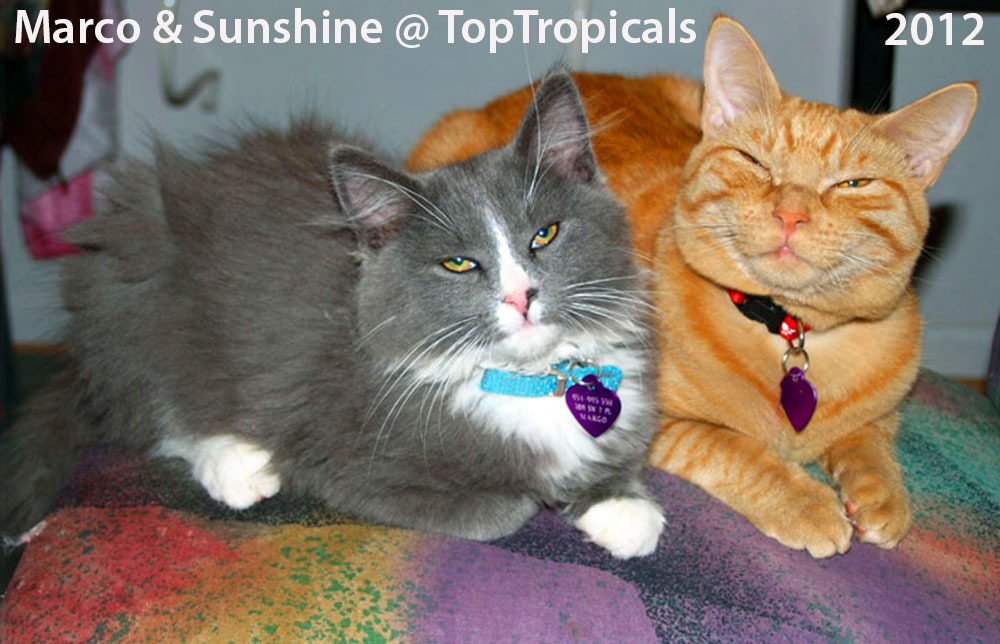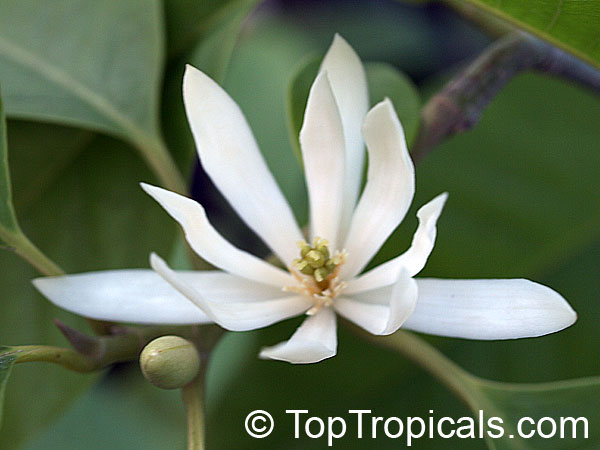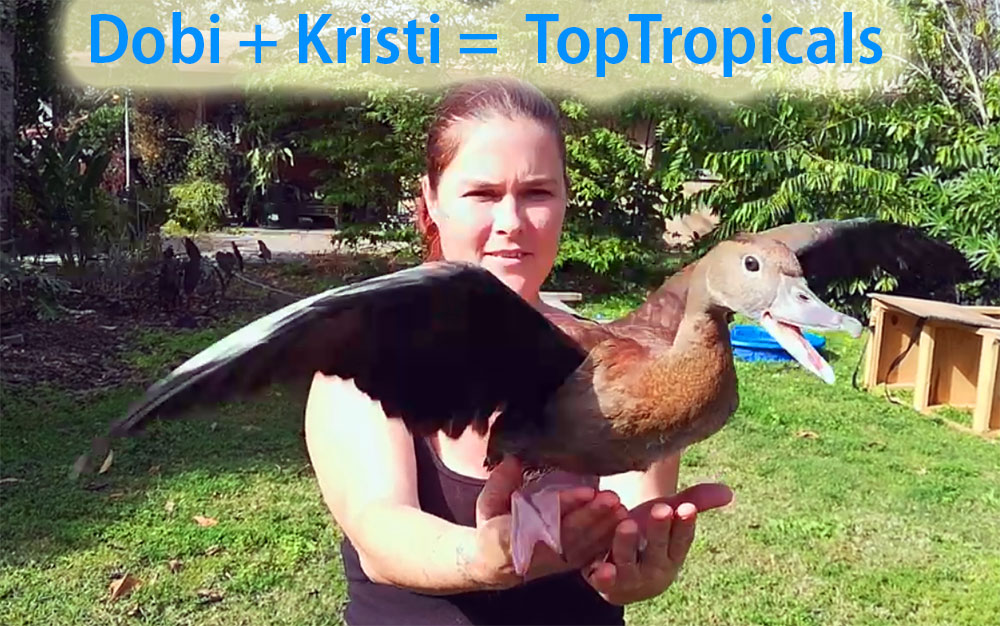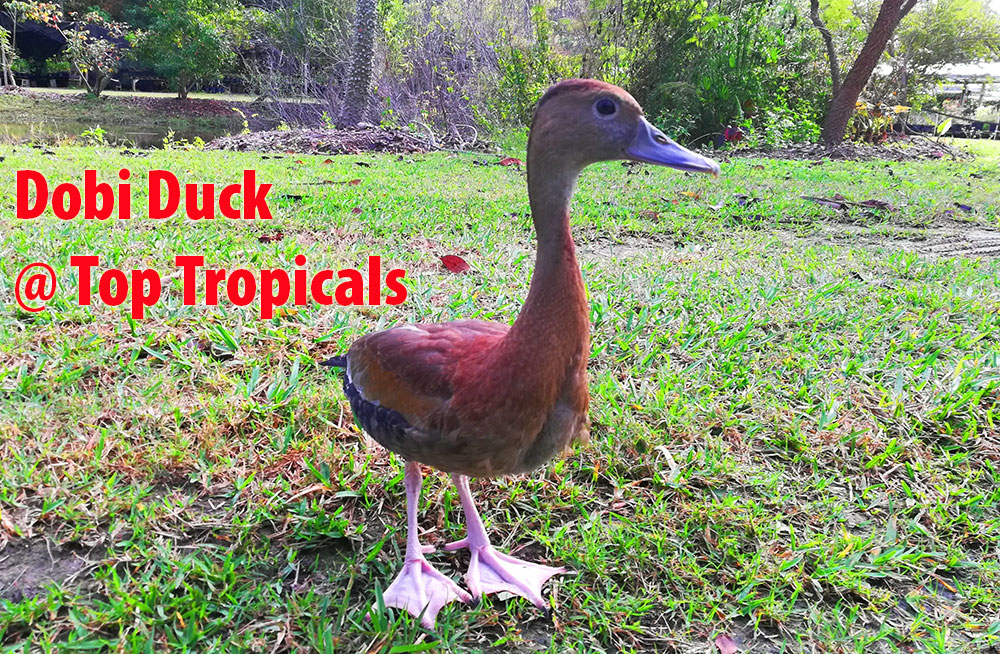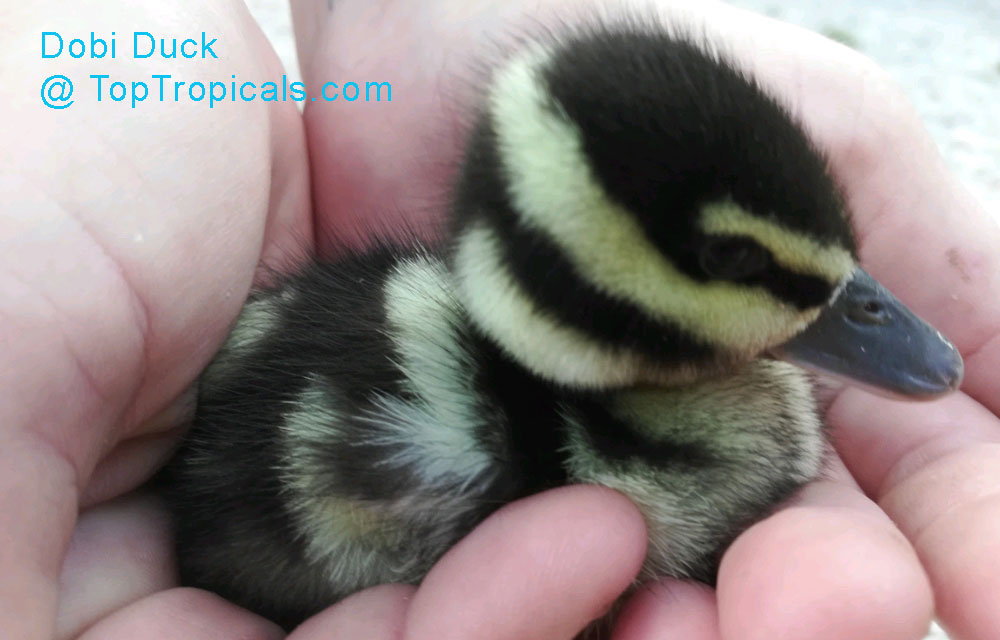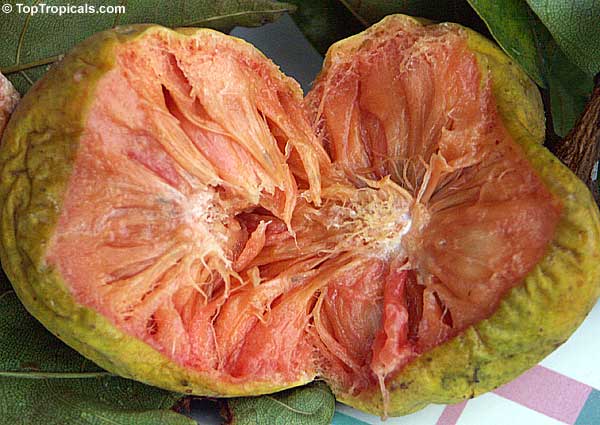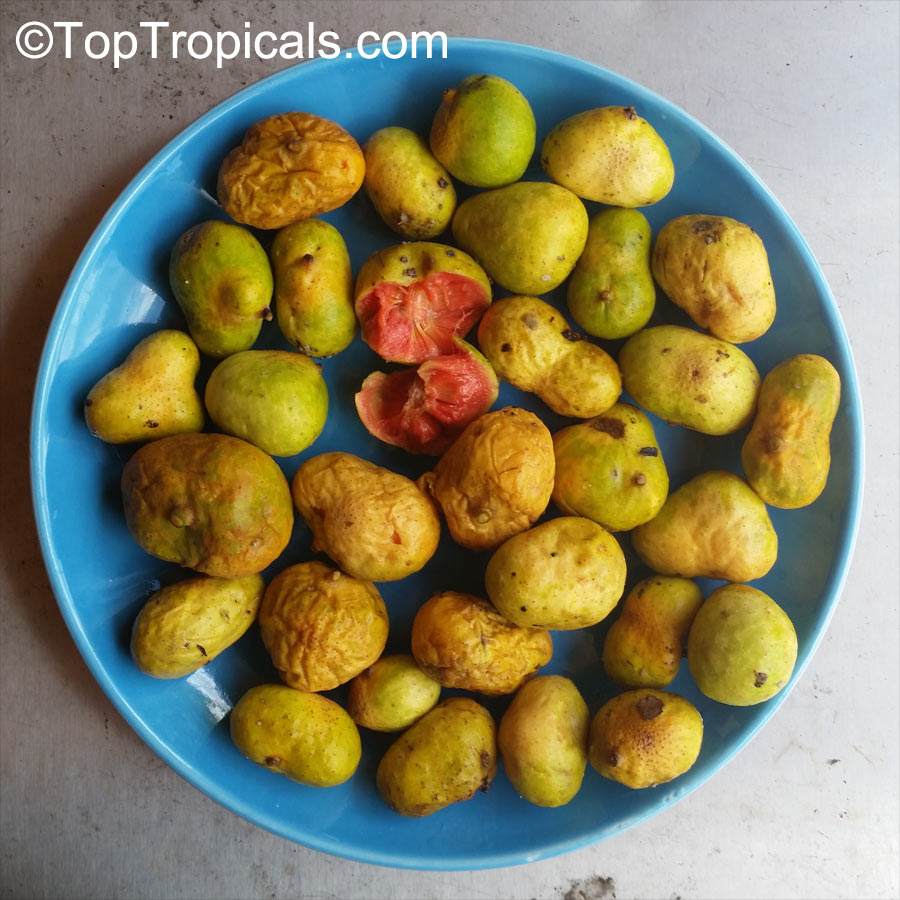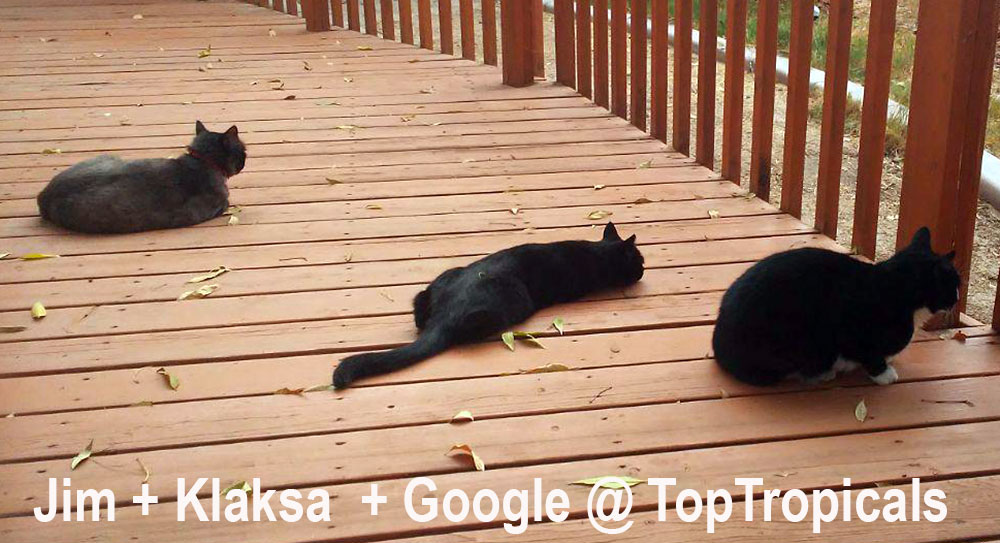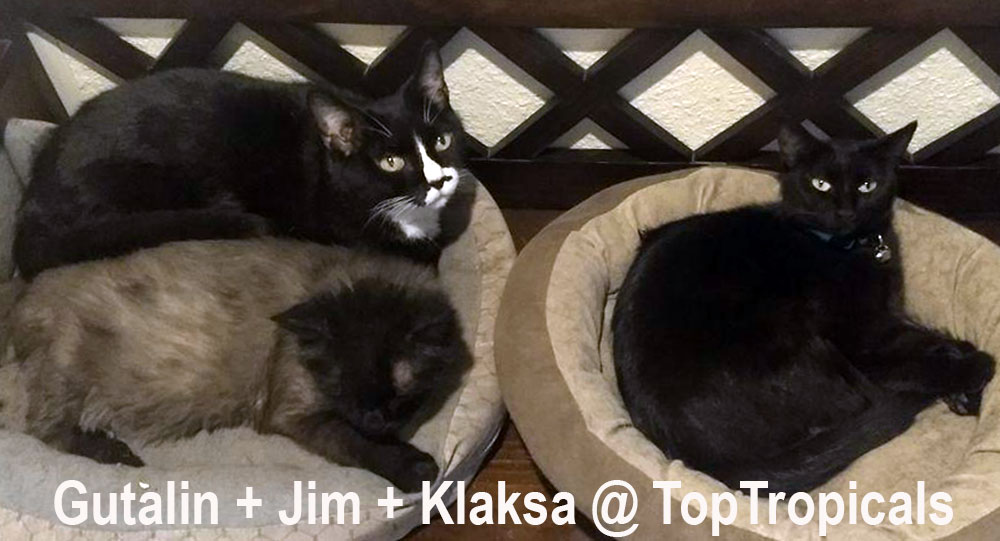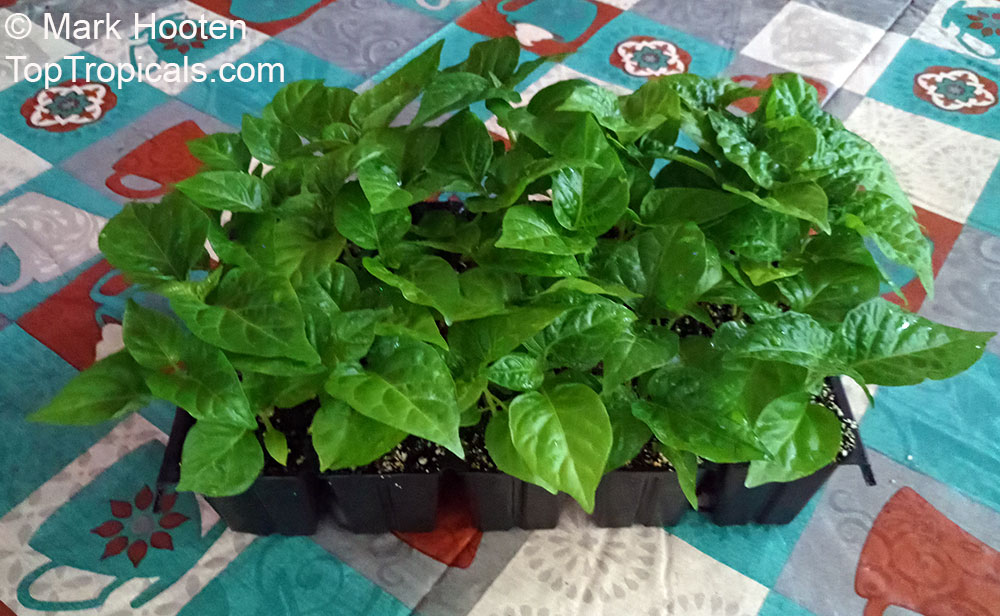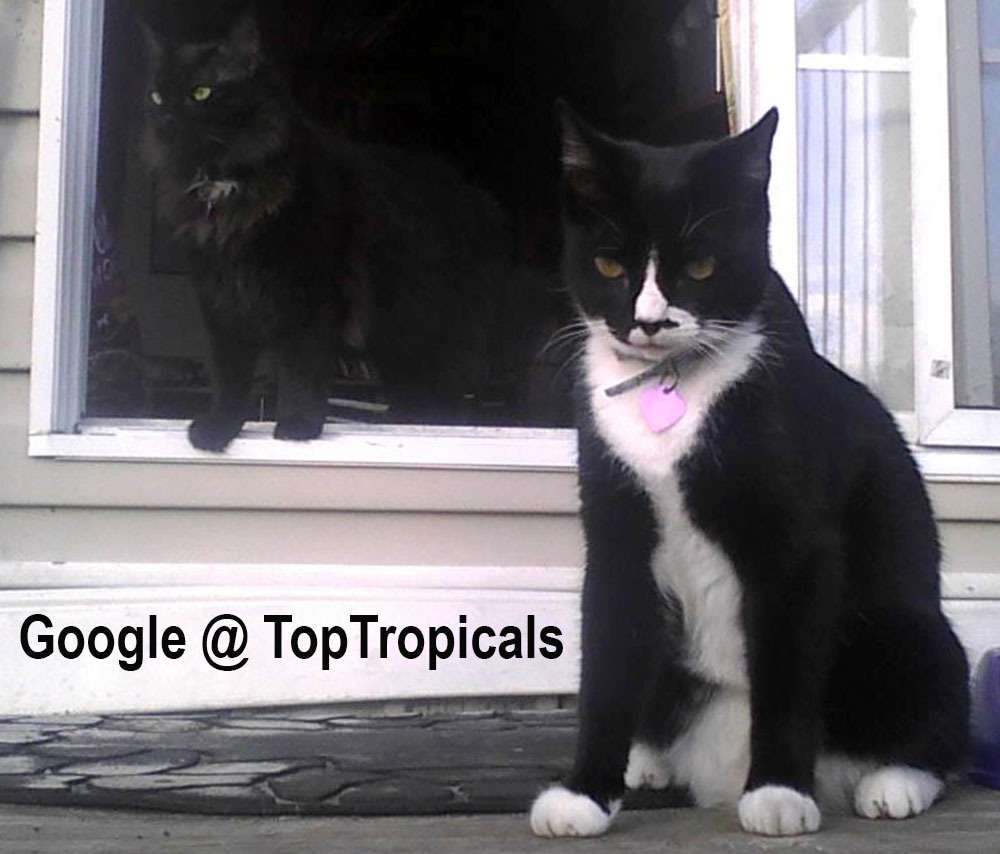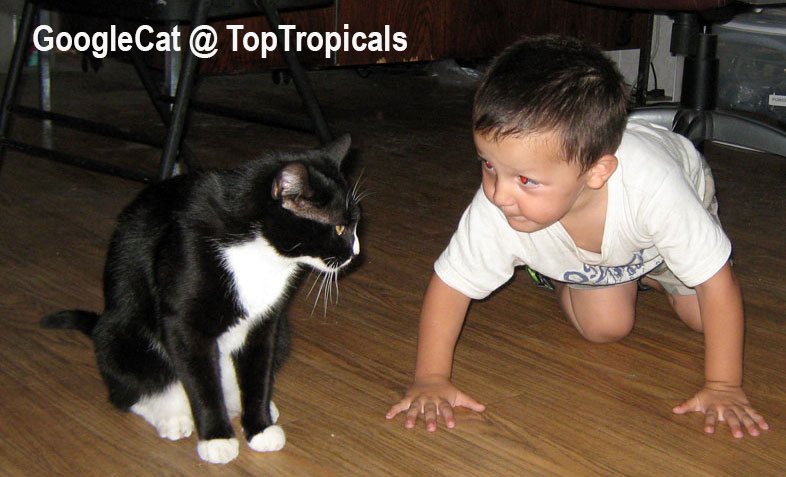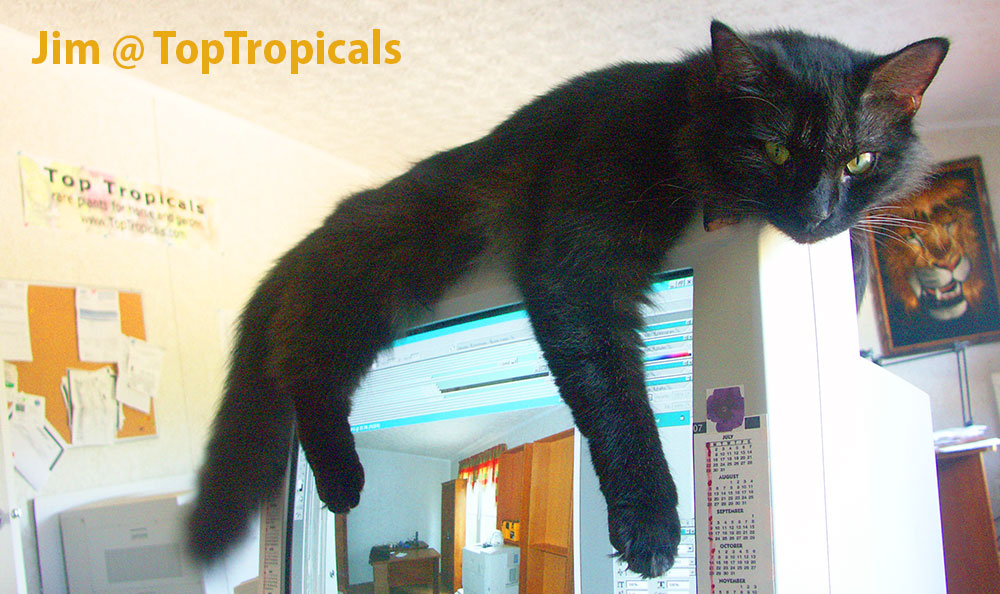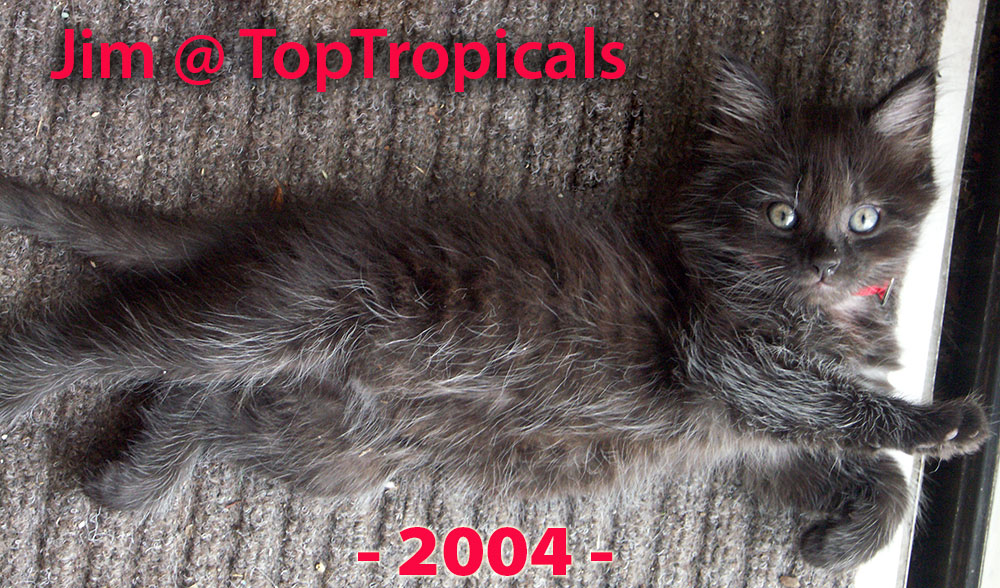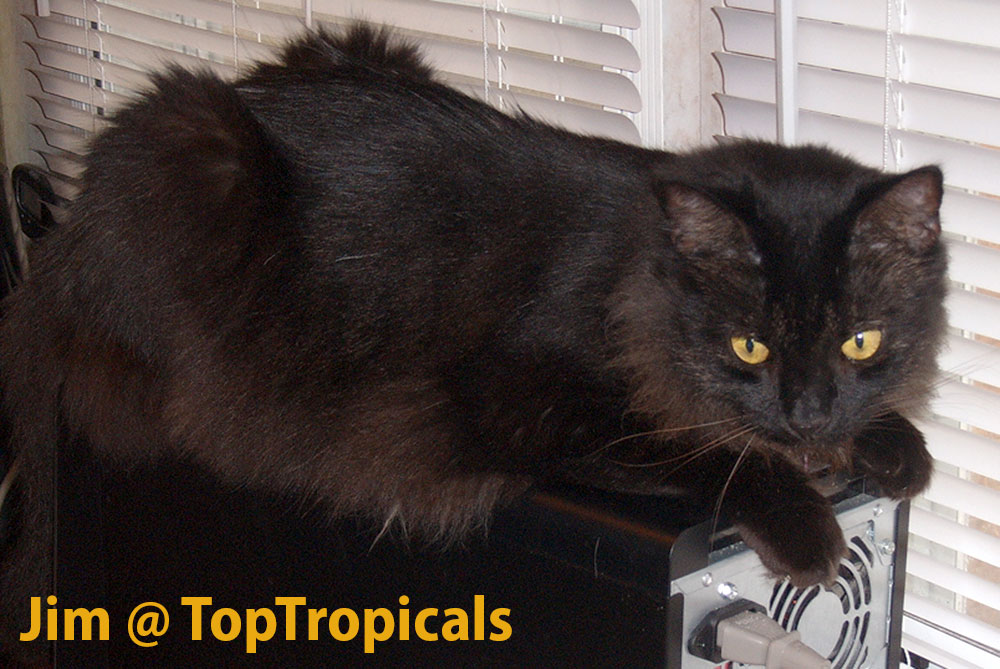Plumeria cold protection
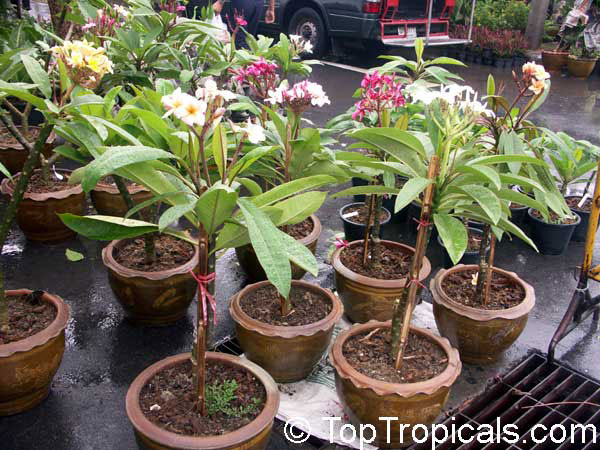
Q: We have a purple-flowering plumeria which resides on our sunny
deck during the warm months and then Winter vacations on our back porch
where we can close the plastic film windows and where it stays above 50 degrees
(overnite) until it can get moved outside again. We live in zone 8+ in South
Carolina and I would love to plant it outside. Do you think if we
ghost-covered it when alerted that we would have an overnite freeze, that it would
survive being planted in the ground and recover to flower when warm? I don't
believe the soil in our yard has ever frozen below the top 1/2 inch or so, and
never for more than a few hours at a time. What do you think?
A: Plumerias are tropical plants, which means, they need frost-free
environment. Even if the ground is frozen only on "the top ½" or so" - this may be
enough to kill the plant. From our experience, plumerias can withstand a few
hours of windchill frost (not frozen soil), but even if they survive, they
may get some branches damage, and recovery may take so long that the plant may
not even bloom the next year.
So I wouldn't take that risk even with a ghost-cover cold protection.
We have customers who grow tropical plants in the ground in colder areas,
but they have greenhouse protection: this means, the soil is warm and the air
temperature is maintained above 45-50F. For example, this Greenhouse in Virginia.
We recommend to continue growing your rare plumeria in container and
move it inside when temperatures drop below 50F (recommended) and for sure when
they drop below freezing. Plumeria can take a cold night (a few hours of
upper 30's) as long as it is followed by a nice warm sunny afternoon with at
least upper 50s. Otherwise, keep it indoors. The good news is, since plumerias
are deciduous and have no leaves in winter, low light level won't affect the
plant.
Just make sure to minimize watering and keep the plant on a dry side
until it starts growing new leaves in Spring. You may continue fertilizing once
a week with half-doze of Sunshine boosters - Sunshine TotalFeed. This will maintain the plant healthy and prepare
for the blooming season in Spring.

